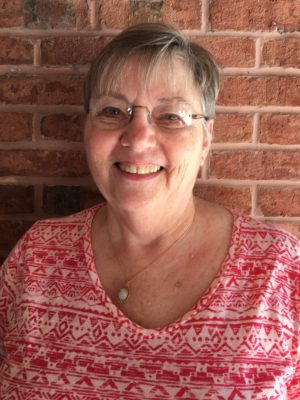
With glee, you crack the spine of your brand new book. You meet a poor, unsuspecting lass going about her daily business. The next thing you know, she is confronted with a challenge far above that which she thinks she can handle. She runs away, but because of circumstances beyond her control, she is forced into accepting the quest. You race through the pages of the book, caught up in her attempts and failures until she is finally triumphant. You close the book having happily read yet another story that follows the Hero’s Journey.
What makes this story different? What makes you keep turning pages and staying up late at night to finish just one more chapter? It’s the creativity of the author to make that story new.
What is creativity?
According to Dictionary.com, it is the ability to transcend traditional ideas, rules, patterns, relationships . . . to create meaningful new ideas, forms, and interpretations.

Ray Bradbury, in Zen in the Art of Writing, Essays on Creativity, calls it The Muse or the Subconscious. Different people can see the same event in different ways. If you’re a memoir writer, you’re very much aware of this phenomenon. You remember an event in your life very vividly, and you energetically tell the story at a family dinner. Your brother may look at you blankly, and proceed to tell a story that resembles yours only in a few details. It’s that individual perception that is inherent to creativity. According to an article from California State University at Northridge (CSUN), creativity is the ability to view things from a different perspective, to create new alternatives to problem solving. The CSUN article even lists the characteristics of the creative personality—worth reading! Some points are sure to spark discussion.
In memoir, we can attribute the differences in our stories to a bad memory or to creativity. When we’re talking about fiction, though, according to Elizabeth Gilbert in her latest book, Big Magic – Creative Living Beyond Fear, creativity is a force of enchantment, both magical and magic. She believes that ideas are out there, a “disembodied, energetic life-form,” just waiting for a human to use them. She talks about writing the story when the idea strikes. If you don’t, she believes you run the risk of the idea taking flight and visiting some other writer. Far out? A little, but interesting nevertheless.
What does this have to do with writing? Everything. As a writer, you have to be willing to look at events from different perspectives. You have to be willing to take a set of rules, for example the Hero’s Journey, and go with the “what ifs.” Be willing to break the rules for the sake of a good story. And be willing to take the risk of putting your story out there.

